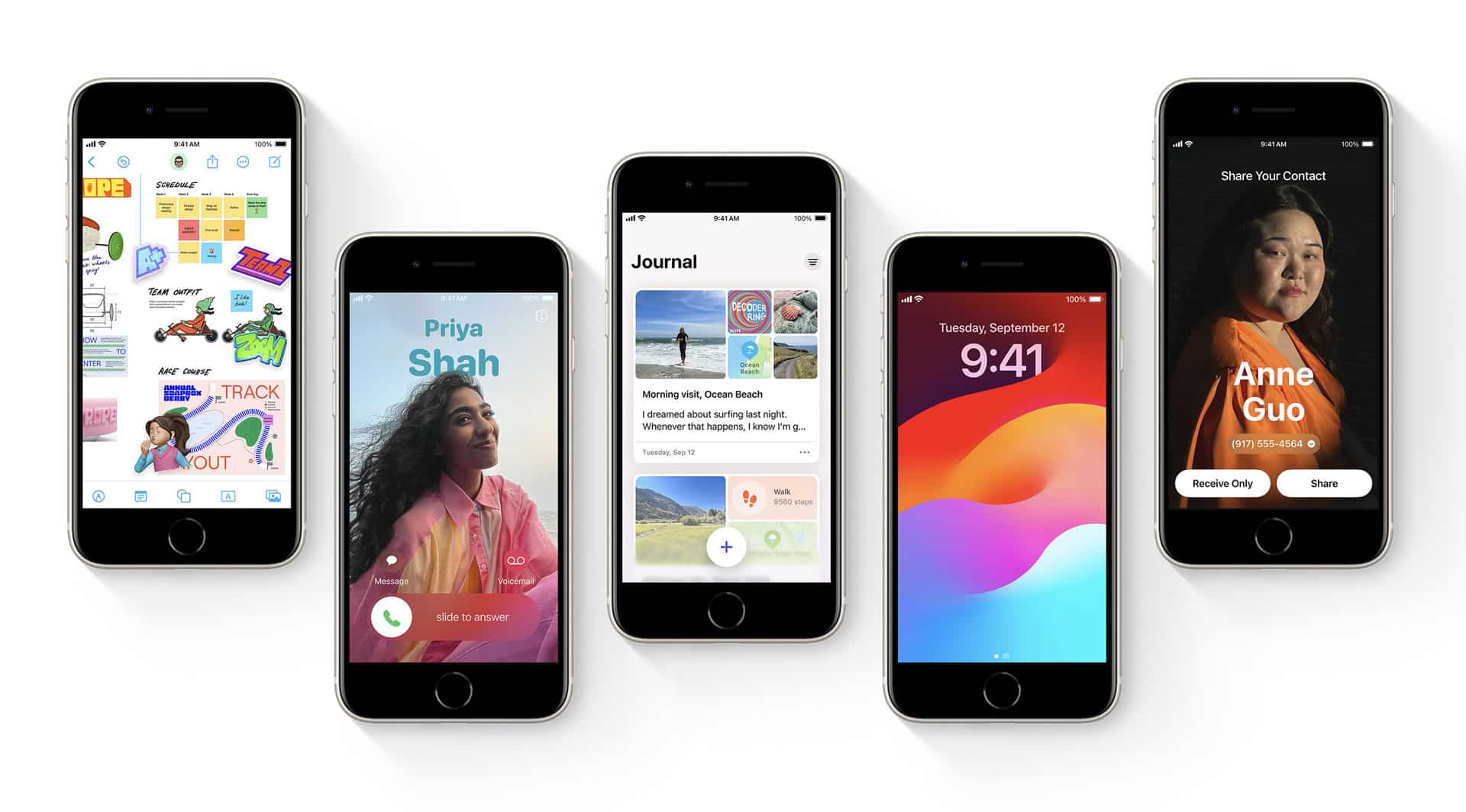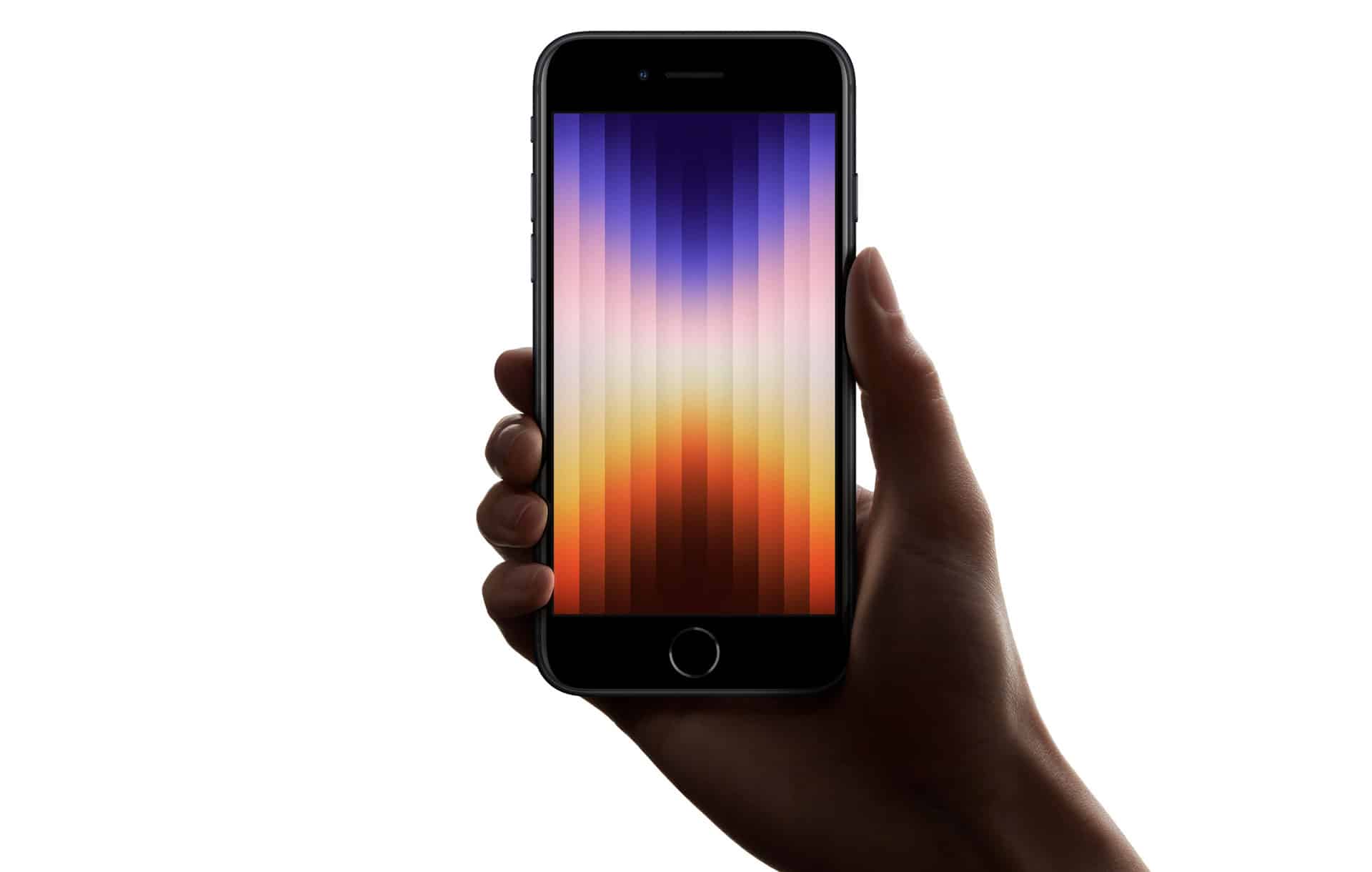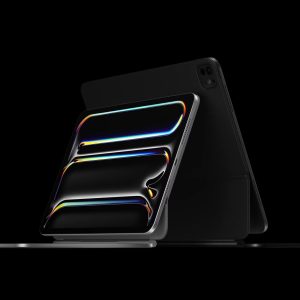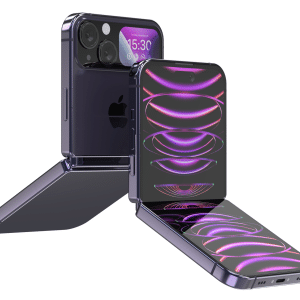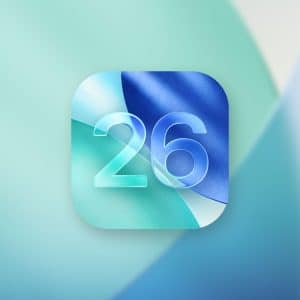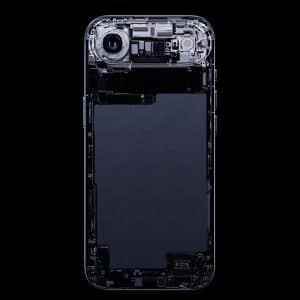Why Apple is Moving to OLED for iPhone SE?
Historically, the iPhone SE has relied on LCD screens to keep costs down while delivering a reliable user experience. However, the introduction of an iPhone SE OLED display suggests Apple is rethinking its strategy for this entry-level model. OLED technology, known for its vibrant colors, deep blacks, and better power efficiency, has been a staple in Apple’s higher-end iPhones for years. By integrating OLED into the iPhone SE, Apple aims to provide a premium feel without significantly increasing the price point.
Benefits of OLED Technology
An iPhone SE OLED display offers several advantages over the traditional LCD screens. The most notable benefits include:
- Superior Contrast and Color Accuracy: OLED displays provide deeper blacks and more vivid colors, enhancing the visual experience.
- Power Efficiency: OLED screens consume less power, particularly when displaying darker images or using dark mode, thereby extending battery life.
- Better Viewing Angles: OLED technology maintains color accuracy even at sharp viewing angles, improving the overall usability of the device.
Partnership with a Japanese Display Manufacturer
The decision to source OLED panels from a Japanese manufacturer could be driven by multiple factors, including quality control, supply chain reliability, and cost efficiency. The iPhone SE OLED display reflects Apple’s emphasis on quality and its desire to keep production costs within a feasible range. By choosing a Japanese display supplier, Apple can ensure high standards are maintained while optimizing the supply chain for one of its most cost-sensitive products.
Collaborating with a Japanese supplier for the iPhone SE OLED display could also have broader implications for Apple’s global supply chain. This partnership may diversify Apple’s supplier base, reducing its reliance on any single country for crucial components. As a result, Apple could mitigate risks associated with geopolitical tensions and supply chain disruptions, ensuring more consistent production and delivery timelines.
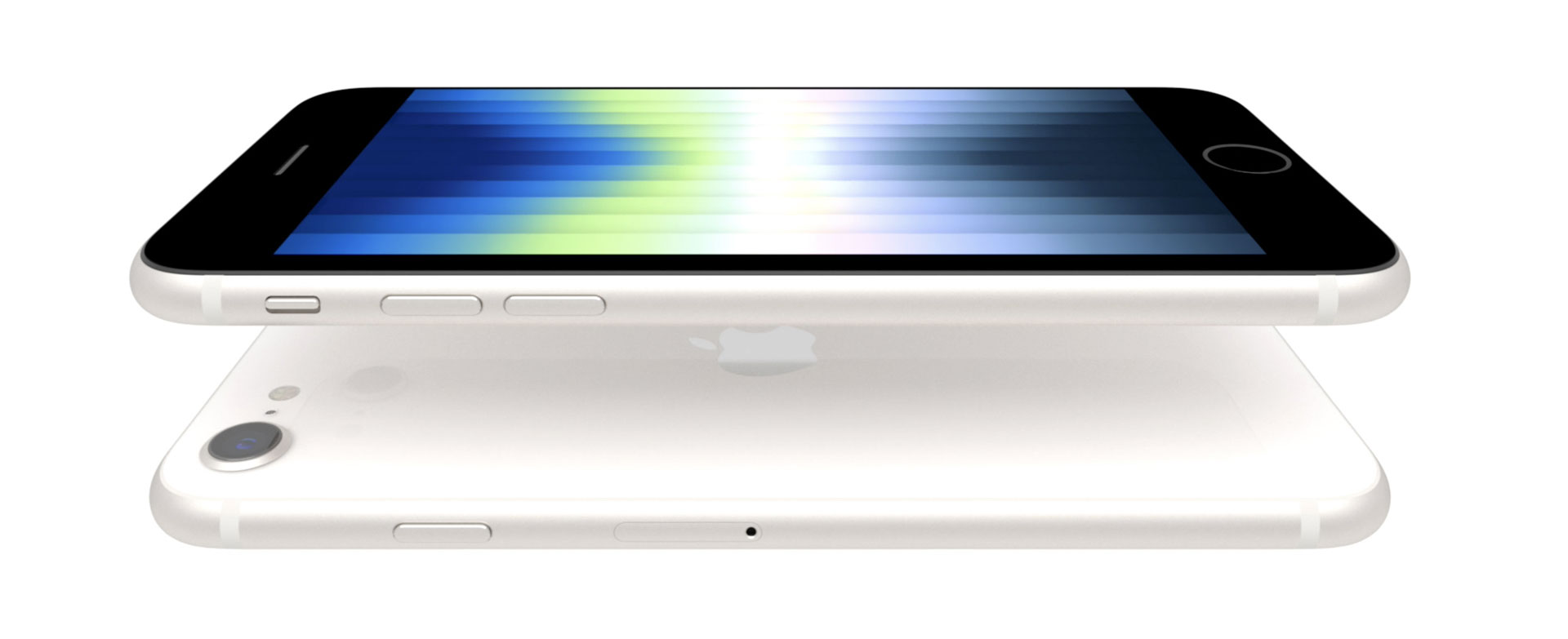
A New Era for Affordable iPhones
The move to an iPhone SE OLED display could significantly alter the device’s market position. Previously, the iPhone SE has been a favorite for users seeking an affordable entry into the Apple ecosystem. With the upgrade to OLED, the iPhone SE will appeal to a broader audience, including those who desire premium features without the premium price. This could potentially increase the iPhone SE’s market share in emerging markets and among budget-conscious consumers.
Competing with Mid-Range Android Devices
In the current market, mid-range Android devices often offer OLED screens at a competitive price point. By incorporating an iPhone SE OLED display, Apple ensures its budget model remains competitive against Android counterparts. This move could attract Android users considering a switch to iOS, further strengthening Apple’s market position.
Challenges & Considerations for Apple
While the iPhone SE OLED display promises to enhance the device’s appeal, it also introduces challenges, particularly in balancing cost and quality. OLED panels are generally more expensive than LCDs, and adding them to a budget model could pressure Apple’s pricing strategy. Apple must ensure that the iPhone SE remains an affordable option while absorbing the additional costs associated with OLED technology.
Another consideration is the potential for production delays. Integrating OLED technology requires different manufacturing processes compared to LCDs. The partnership with a Japanese display manufacturer will need to be well-coordinated to ensure seamless production. Any delays or quality control issues could impact the launch timeline for the iPhone SE OLED display model.
If the iPhone SE OLED display proves successful, it could lead to a broader adoption of OLED screens across more of Apple’s budget and mid-range offerings. This shift would align with Apple’s strategy of offering premium features across its product range, making high-end technology accessible to a wider audience.
Impact on Apple’s Overall Product Strategy
The introduction of an OLED display in the iPhone SE may also indicate a broader trend in Apple’s product strategy. By democratizing premium features, Apple could drive more users toward its ecosystem, encouraging them to upgrade to higher-end models over time. The iPhone SE OLED display might just be the first step in a more extensive effort to standardize high-quality displays across all iPhone models.
The inclusion of an iPhone SE OLED display represents a pivotal moment for Apple’s budget iPhone lineup. By bringing OLED technology to a more affordable model, Apple continues to blur the lines between budget and premium devices. This move could enhance the iPhone SE’s competitiveness, expand its market reach, and redefine what consumers expect from a budget smartphone. As Apple navigates the complexities of this transition, it will be interesting to see how this strategy unfolds and impacts the broader smartphone market. Stay tuned to AppleMagazine for the latest updates on this exciting development.
